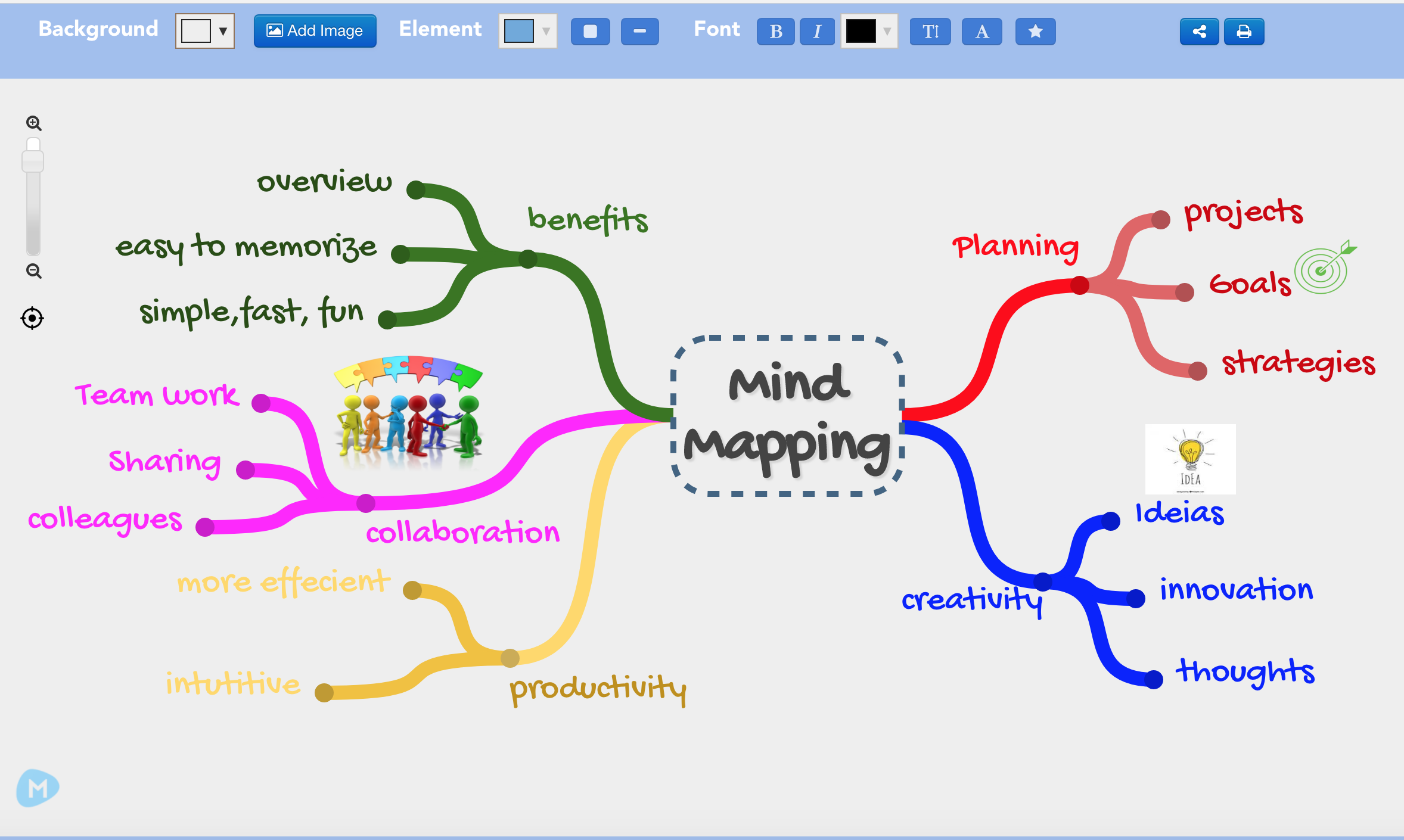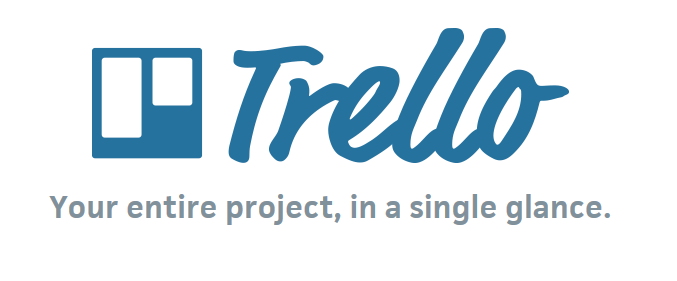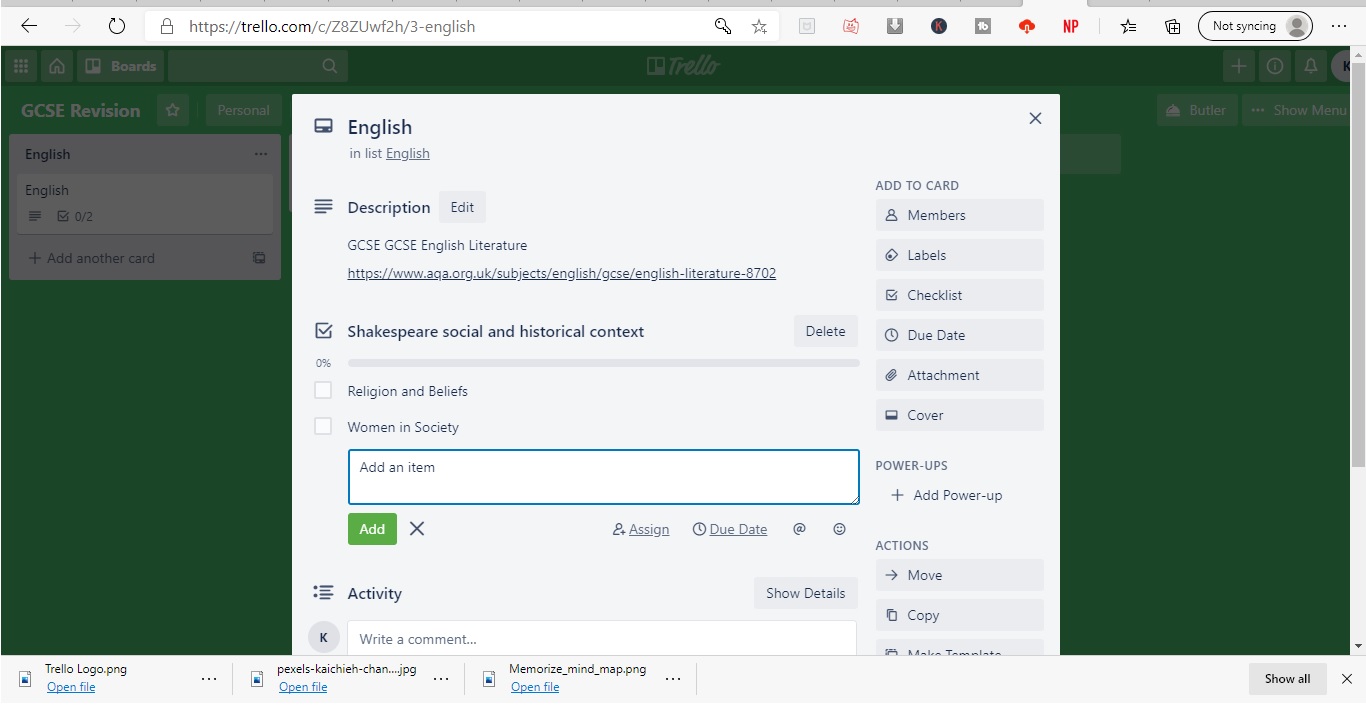Many teens are feeling anxious, apprehensive and agitated. They feel completely unprepared for their GCSE finals. And do you know what the biggest fear is?
No time!
Lockdown put a stop to face-to-face learning, leaving many teens to tackle material alone at home. Then, the summer holidays commenced! Coinciding with this, strict lockdown measures were eased, allowing many isolated teens to meet up with their friends for the first time in months. As a result, many teens are aware that they did not put in consistent work over the summer.
Now back at school, teens are not feeling absolutely at ease, since some schools have declared that they will be moving forward their mock exams. Rather than sitting the exams after the Christmas holidays, students will sit the exams before the Christmas break. This has left many students feeling hopeless.
Following this 9 mins’ strategy, you can create an action plan that will set you up for the best chances of success. Why 9 minutes? We have 9 months until June – when the first GCSE exams will commence.

Step 1: List all your GCSE subjects.
Write down the grades you want to achieve. Beside this, write down the grades you are currently working at. Also write down your predicted grades. By doing this, it will help you prioritise your revision.
How will this help you prioritise your revision?
Well, start with the subjects you are struggling with. It is easy to work in the field that you enjoy and that you are succeeding in; however, it will not help you to revise effectively if you start there. Instead, by focusing on areas you find challenging, you will have done the heavy lifting first. Therefore, you will gain momentum, as you will know that the worst is over with. You can then look forward to the topics you enjoy the most!
Step 2: Mind map your why!
Why do you want to achieve the grades you have written down? Do not say vague, generic vague statements, such as:
- To succeed;
- To get a better job;
- To make money.
Instead, be specific and personal to you! For example, I want to achieve a grade 7 in Science because I would like to be a Vet. This is because I love animals and I want to be part of a community that helps to, not only cure their ailments, but that educates their owners on how to care for their pets.
Focus on how achieving the grades will make you feel. What will it look like when you obtain your desired grades.
Step 3 Define exam terms.
Go onto the exam boards’ websites and find their exam key words. Then, define them, making sure you understand what they mean and how to answer them.
Write the key words down with their definitions in a notebook. Use coloured pens/pencils to make it easier to read. You could even colour code your work! For example, if one of the keywords is ‘evaluate’ you could highlight it in light blue or use blue ink. Then, terms, words and phrases relating to evaluation, you keep using the same highlighter or ink.
Step 4: Get organised!
Open up a free account with Trello. Create a revision with a specific checklist, so that you know exactly what you are going to do.
Step 5: List topics.
Go onto the exam boards websites’ and note down the topics covered in each module. You can then break down the topic into its main components: the main ideas, the main concepts, the key quotes and the key facts. You can then create a checklist for each topic.
For example, if you were breaking down literature. One of the topics is the social-historical context of the works. You then divide this for your 20th C, 19th C and Shakespeare texts. You then zoom in further by looking at beliefs, religion, education at the time, gender and so forth.
Once you have your 9 mins’ plan of action created, you can then start revising strategically.
0 – 3 months
Learn the material by reading the content from textbooks, recommended books and worksheets. Make notes on what you have learnt. Do some quick test questions. You can also record yourself reciting the information so you can play it back to yourself.
3 – 6 months
Summarise your notes. Use different coloured pens. Do mind maps of the information.
6 – 9 months
Create flashcards from all your notes, so you have concise, quick-fire testing resources. Do timed, practice assessments. Go through the mark scheme to ensure you know what the examiners are looking.
Top Tip
If you are doing 12 GCSEs, then you only need 3 months to spend one week on each subject!
For the first 3 months, focus one evening a week to one subject. For example, if you are doing Math, then spend the evening going over the Math concepts. The next day go over another subject.
In the next 3 – 6 months, use interleaving learning. This means move from one topic to the next. It is more challenging and effortful, but it has been proven to help retention of information.
Links
Here is the link to a great cite to help create a mindmap/moodboard.
I prefer to do it by hand, but it is up to you. What works for you!
Here is the link to Trello:
Here are the links to the exam boards:
Want feedback on your boards? Get in touch! Sign up to Kellie’s Tutoring email list.
If you want to make sure you do not miss any future top tips, then please subscribe to Kellie’s Tutoring YouTube channel.
Kellie's Tutoring Community
Do you want feedback? Do you want to make sure you do not miss out on top tips, worksheets and links, then sign up to Kellie’s Tutoring Community. Do not worry, I hate spam, so you will never receive unwanted emails. Your privacy will be respected and your details protected.





